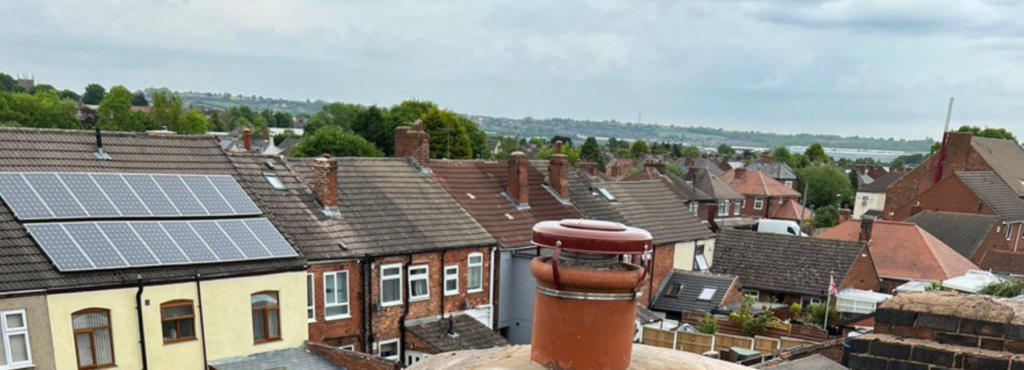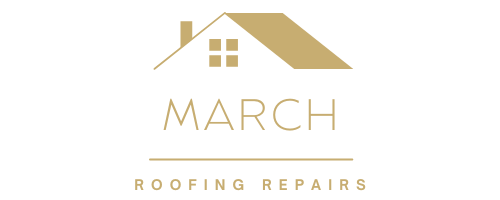When it comes to maintaining the longevity and performance of a commercial roof, repointing is often an overlooked but vital part of roof care. Repointing involves renewing the mortar between the bricks or tiles on a roof, ensuring that it remains secure and watertight. This simple yet effective technique plays a crucial role in preserving the integrity of the roof, preventing potential damage, and extending the lifespan of the roof.
Whether your building is a modern commercial structure or a historic property, understanding the importance of repointing can help safeguard your investment. Let’s delve deeper into why repointing is essential for the long-term health of your commercial roof.
Why Is Repointing Necessary for Commercial Roofs?
Commercial roofs are exposed to various elements, including heavy rain, wind, snow, and fluctuating temperatures. Over time, the mortar used to secure tiles or bricks can deteriorate, leading to gaps or cracks that compromise the roof’s structural integrity. Repointing serves as a preventive measure that strengthens the roof, protects it from water ingress, and helps maintain its overall stability.
1. Preventing Water Damage
One of the most significant risks to a commercial roof is water infiltration. As the mortar breaks down or erodes, it creates openings where rainwater can seep into the roof structure. If left untreated, this can lead to serious issues, such as rotting timbers, damp spots, or even structural failure. Repointing fills these gaps, creating a waterproof barrier that prevents water from entering the roof space and causing damage.
2. Maintaining Roof Stability
The mortar that holds your roof tiles or bricks in place is essential for the stability of the entire roof structure. As mortar weakens or cracks, the tiles or bricks may shift or loosen, which can affect the overall safety of the roof. Repointing ensures that the roof remains structurally sound, preventing costly repairs and ensuring the safety of the building occupants.
3. Enhancing Energy Efficiency
A well-maintained roof contributes to better insulation, helping to regulate indoor temperatures and reduce energy costs. Damaged mortar can allow air to leak through, leading to drafts and poor thermal performance. Repointing helps to seal these gaps, improving the insulation of your commercial building and potentially lowering heating and cooling expenses.
The Benefits of Repointing for Commercial Roofs
Repointing offers several benefits that go beyond simply preventing water damage. Here are some additional advantages of this essential roofing maintenance task.
1. Extended Roof Lifespan
Repointing can significantly extend the lifespan of a commercial roof by addressing small issues before they become large, costly problems. By ensuring the mortar is in good condition, you reduce the need for major repairs or even a complete roof replacement, ultimately saving money over time.
2. Preserving Aesthetic Appeal
A well-maintained roof not only serves its functional purpose but also adds to the overall appearance of the building. Cracked or damaged mortar can make a roof look unsightly and outdated. Repointing rejuvenates the look of the roof, improving its curb appeal and contributing to the overall aesthetics of your property.
3. Improved Structural Integrity
Repointing provides extra support to the roof structure by ensuring that the mortar remains intact and secure. It reinforces the bond between the tiles or bricks, which helps maintain the roof’s strength and prevents the risk of tiles becoming dislodged during heavy weather conditions.
When Should You Consider Repointing?
Knowing when to schedule repointing for your commercial roof can make a significant difference in preventing more extensive damage. Here are some signs that it may be time to consider repointing:
- Visible Cracks or Gaps in the Mortar: If you notice cracks or gaps between the tiles or bricks, it’s a sign that the mortar is deteriorating and needs to be replaced.
- Water Infiltration or Leaks: If your roof is leaking or you find damp spots on the ceilings or walls of your building, this could be a result of failed mortar allowing water to seep in.
- Loose or Slipping Tiles: If roof tiles are loose or slipping out of place, the mortar that holds them in position is no longer doing its job. Repointing can help secure the tiles and prevent further issues.
- Age of the Roof: If your roof is older and the mortar has never been repointed, it’s a good idea to have it inspected by a professional to assess whether repointing is necessary.
Conclusion: Protect Your Commercial Roof with Repointing
Repointing is an essential part of commercial roof maintenance that helps prevent water damage, maintain roof stability, and extend the lifespan of your roof. By taking proactive steps and addressing any issues with mortar deterioration early on, you can protect your investment and avoid costly repairs or replacements in the future.
At March Roofing Repairs, we specialise in all aspects of roof care, including professional repointing services for commercial properties. If you’ve noticed any of the warning signs mentioned above or if your roof is in need of some attention, get in touch with us today. Our experienced team is here to ensure your roof remains secure, functional, and looking great for years to come.
Contact us now to schedule a roof inspection or to learn more about our expert repointing services!
Call us on: 01354 707 496
Click here to find out more about March Roofing Repairs
Click here to complete our contact form and see how we can help with your roofing needs.

